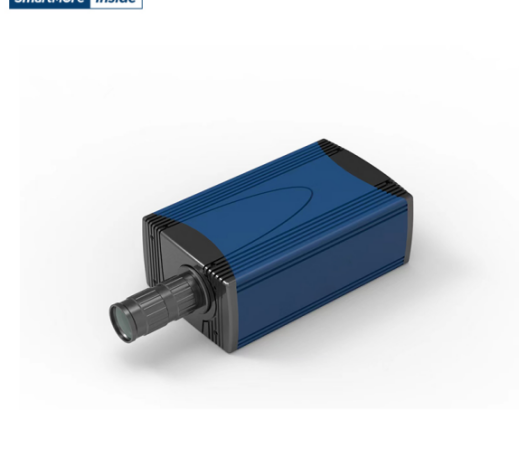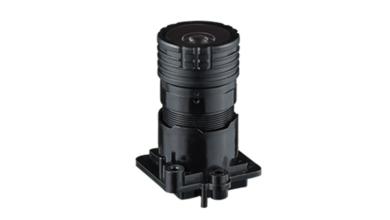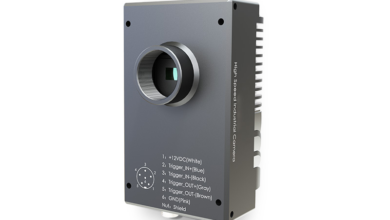Smart Agricultural Technology- The Future Of Farming

According to the article, smart agricultural technology can be defined as a wide range of technologies that are used in the context of agriculture. These technologies range from information and environmental monitoring to precision farming and intelligent irrigation.
Introduction to smart agricultural technology
Smart agricultural technology is an emerging field that encompasses a range of technologies and practices designed to improve the efficiency and productivity of agriculture. It includes everything from precision farming and livestock management to climate-smart agriculture and water conservation.
Benefits of smart agricultural technology
The benefits of smart agricultural technology are many and varied. Perhaps the most significant benefit is the potential for increased yields. With the ability to precisely monitor soil moisture levels, farmers can ensure that their crops receive the optimal amount of water. This can lead to healthier plants and higher yields. In addition, by using data collected by sensors to make informed decisions about planting and irrigation, farmers can further increase their yields.
In addition to increased yields, another significant benefit of smart agricultural technology is reduced input costs. By using sensors to monitor crop health and optimize irrigation schedules, farmers can reduce their water usage. This can lead to significant savings on their water bills.
Finally, smart agricultural technology can also help farmers manage risk. By collecting data on weather patterns, soil conditions, and crop health, farmers can make informed decisions about when to plant or harvest their crops.
Conclusion
Smart agricultural technology is the future of farming. You can achieve the benefits of this technology with the hyperspectral cameras provided by SmartMoreInside, which are widely used in agricultural environments and can work with other equipment to intelligently provide you with relevant data.





